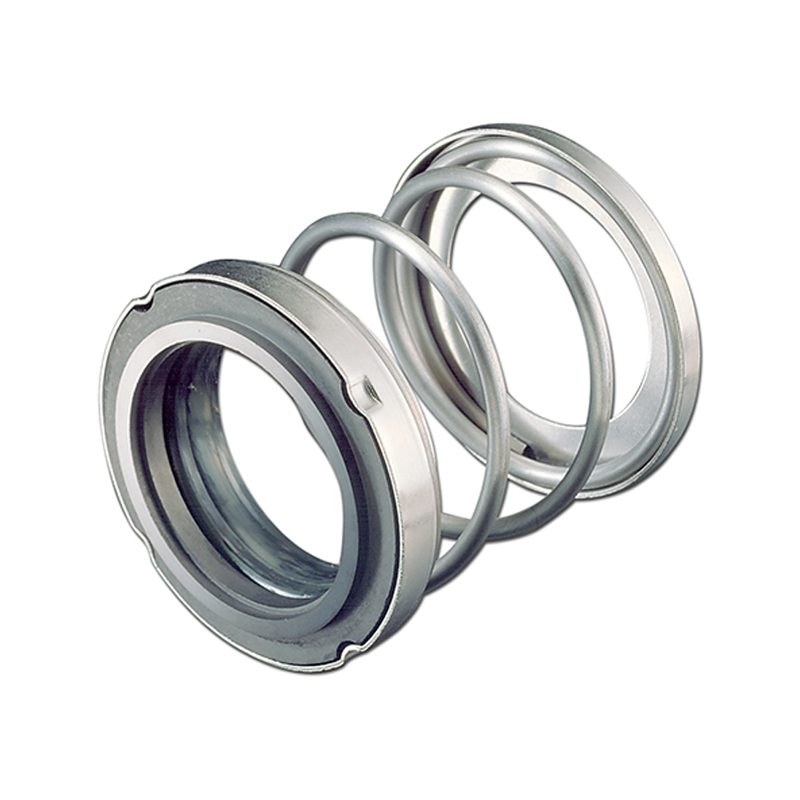Mechanical seals are critical components in many industrial processes, used to prevent fluid leakage and maintain system integrity. However, they are also prone to failure, which can lead to costly downtime, lost productivity, and even safety hazards. In this article, we will explore the top causes of mechanical seal failure and provide practical tips on how to prevent them.
- Improper Installation
One of the most common causes of mechanical seal failure is improper installation. If the seal is not installed correctly, it can lead to misalignment, excessive vibration, and premature wear. To avoid this, it is essential to follow the manufacturer's installation instructions carefully and ensure that all components are properly aligned and tightened.
- Contamination
Contamination is another significant cause of mechanical seal failure. If foreign particles such as dirt, debris, or chemicals enter the seal, they can cause damage to the sealing faces, leading to leakage and premature failure. To prevent contamination, it is crucial to maintain a clean and well-maintained environment, use appropriate filtration systems, and avoid exposing the seal to harsh chemicals or abrasive materials.
- Improper Lubrication
Mechanical seals require proper lubrication to function correctly. If the seal is not adequately lubricated, it can lead to excessive friction, heat buildup, and premature wear. Conversely, over-lubrication can cause the seal to leak and fail prematurely. To prevent this, it is essential to use the correct lubricant and follow the manufacturer's recommendations for lubrication frequency and quantity.
- Wear and Tear
Mechanical seals are subject to wear and tear over time, especially in high-pressure and high-temperature applications. If the seal is not replaced promptly when it shows signs of wear, it can lead to leakage and premature failure. To prevent this, it is essential to monitor the seal's condition regularly and replace it as soon as it shows signs of wear or damage.
- Misapplication
Finally, misapplication is another common cause of mechanical seal failure. If the seal is not designed or rated for the specific application, it can lead to premature wear, leakage, and failure. To prevent this, it is essential to select the appropriate seal for the application and ensure that it is installed correctly and maintained properly.
In conclusion, mechanical seal failure can be costly and disruptive, but it is also preventable. By following the tips outlined in this article, you can minimize the risk of seal failure and ensure that your industrial processes run smoothly and efficiently. Remember to always follow the manufacturer's instructions, maintain a clean and well-maintained environment, monitor the seal's condition regularly, and select the appropriate seal for the application.
